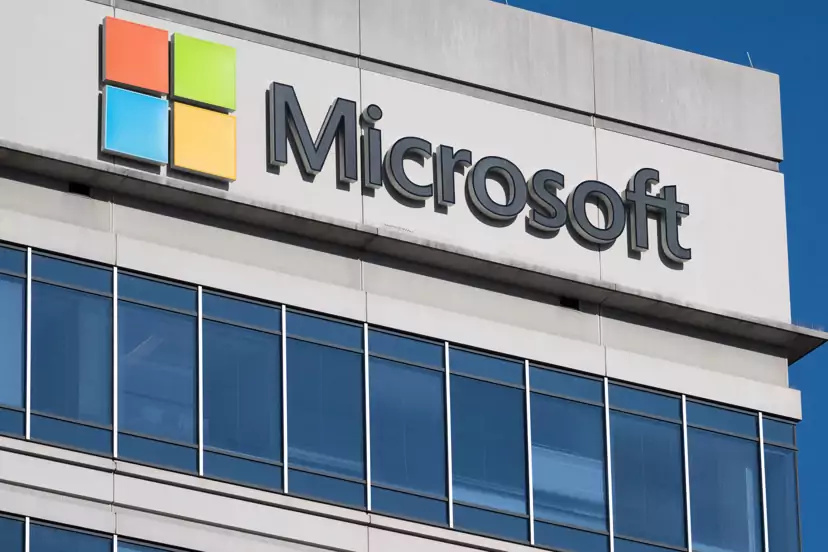(San Francisco) The race for artificial intelligence (AI) continued Thursday with new announcements from Microsoft, which will soon allow users of its various software (Word, Outlook, PowerPoint, Teams, etc.) to interact with this technology almost like with a human assistant.
“Reply to this email”; “Send invitations to this group of people”; “Create a proposed budget”; “Compare the sales of our best product with that of the competition”; “Summarize the meeting I missed”: So many requests that will be possible directly within the office suite of the American computer giant.
Called “Microsoft 365 Copilot”, the system will fetch the photos, addresses, contacts and other items needed to immediately generate a first draft, which the user can then refine.
“So far we have used the AI on autopilot. With this new generation of AI, we are moving from autopilot to copilot,” said Satya Nadella, group boss, during an online presentation.
He assured that humans will soon no longer be able to do without these omniscient and tireless digital assistants, which he says will relieve workers of many “chores”.
Since then, all the major digital platforms and many companies have taken a stand. Competition is particularly fierce between Microsoft and Google, which dominated research in the field until the Windows maker’s recent breakthrough.
On Tuesday, Google Cloud unveiled similar new features to allow businesses and individuals to delegate tasks in real time, from writing emails to creating ad campaigns.
Above all, OpenAI on Tuesday presented GPT-4, a new, more powerful version of its language model, which is the basis of ChatGPT in particular.
GPT-4, which processes text, but also images, is “as good as humans in many professional and academic contexts”, assured the company.
Microsoft has integrated GPT-4 into its Bing search engine, which already had a “chatbot” (or conversational agent) built on ChatGPT since the beginning of February.
Bing has long held a negligible share of the online search market. It now has over 100 million daily active users. “We realize we’re still a small player, but it’s nice to be on stage,” Microsoft said in a March 8 statement.
